I hate that this is something that I have to even think about, but I am a big believer in communicating and talking and we really would be in a better place if people just talked more rather than resorting to acts of terrorism, so how should we talk to children about terrorism?
Even if we shield our children from the news of events at home, they are still exposed to them in the playground and I think that we are doing them a disservice by not discussing them at home. However, you know your children best so it is key that you tailor the information to them as you see fit. The Charity Winston’s Wish has some great advice.
I find terrorism so hard to discuss with children because as an adult I do not understand or comprehend it.
I want my children to know that it is OK for them to talk to me about anything including terrorism. For them to be able to discuss their fears, feelings and ask questions. I need them to know that no subject is out of bounds.
How should we talk to children about terrorism?
There is no right way for you to talk to YOUR children. You need to judge how best to do that. But I do believe that we should talk to our children about it and we should do it first before they hear about it from peers or social media.
Keep it age appropriate
As a rule of thumb with children under seven, it is best to only talk about if they bring it up. It is much easier to shield younger children from external influences. Very young children really don’t need an in-depth explanation as they won’t be able to fully understand and it will only frighten them further try “All this news is because something very bad and very sad happened in Manchester”.
Older children are likely to want more information. Rather than shielding them from the news, I make sure I find an appropriate source of information for them. We use BBC Newsround as an age-appropriate, less sensationalised source of information. I think it is important to allow older children to watch the news but not let them become consumed by it, plus I am aware of how disturbing it can be so I always monitor and supervise it.
Ask and answer questions
Rather than giving out lots of information let your child ask questions. Don’t assume you know how they feel. Instead, get at their understanding of what happened. They might be afraid or just curious. Listen to what they are saying and don’t interrupt. Don’t minimise or dismiss their concerns. I tend to start with “I am pleased that you want to talk about this. Can you tell me what you have heard?”
“I am pleased that you want to talk about this. Can you tell me what you have heard?”
Keep your answers honest and simple and do not be afraid to let them know that you do not have all the answers.
Reassure them
you want to reassure your kids with your words and behaviour. So it is important to put it in perspective. I tell my boys that the reason it is on the news is that it doesn’t happen often.
“You know, the reason it’s on the news so much is because it’s such an unusual occurrence”
Then I try and focus on all the good people.
Fake News
I need to be sure that my children have accurate information and they are empowered to know the truth when they are talking to their friend and I do this by making sure that they have appropriate information source and that they steer clear of social media. We use BBC Newsround as an age-appropriate, less sensationalised source of information.
End on a positive
I do not want my children to be scared so I try and always frame things in a positive way. So I talk to them about acts of bravery, heroism and encourage them to always be kind to others. I want to empower them to be able to think about the future and be hopeful. Having lived in the 70’s and been brought up with the IRA bombings I know just how important this is. I never felt scared about visiting London after the bombings, my parents always made me feel secure and this is what I want for my children.
Do not forget to give your kids a big hug
Mumsnet has some great advice here as does Sue Atkinson

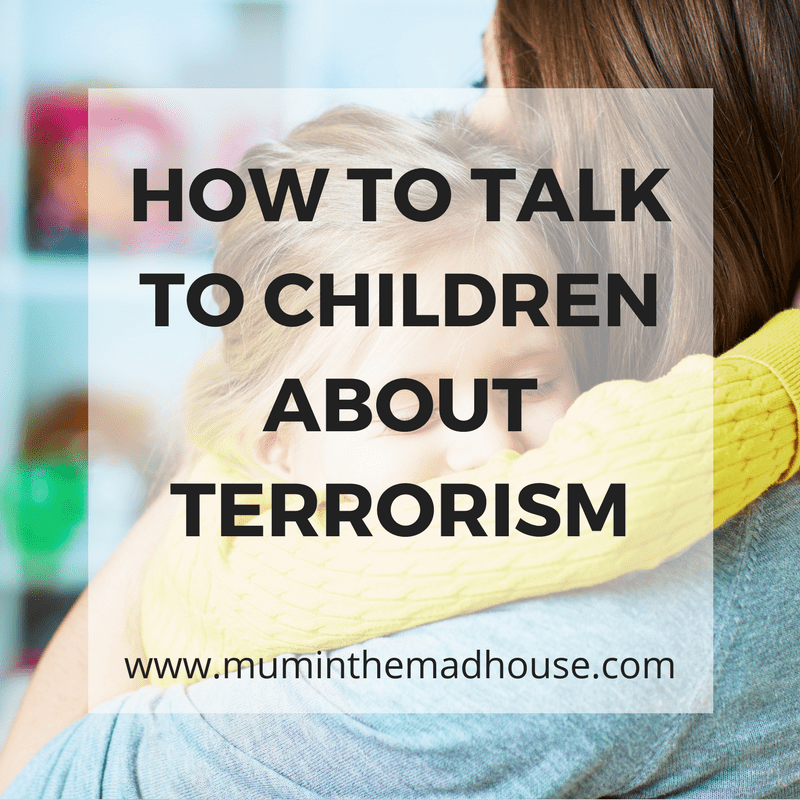
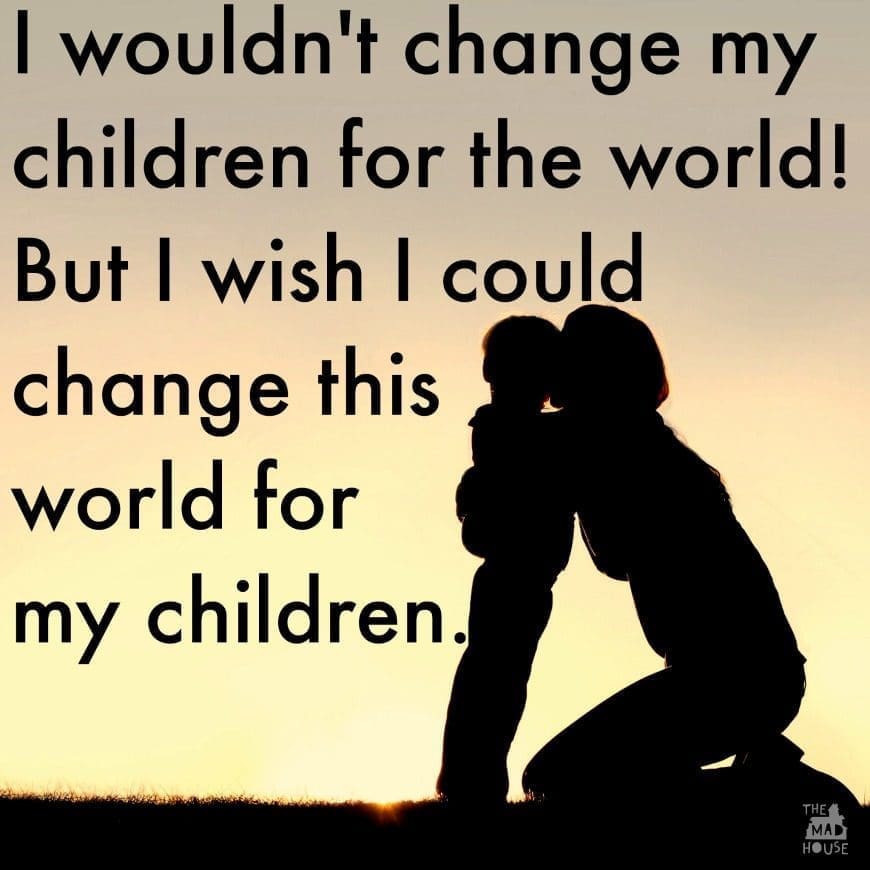
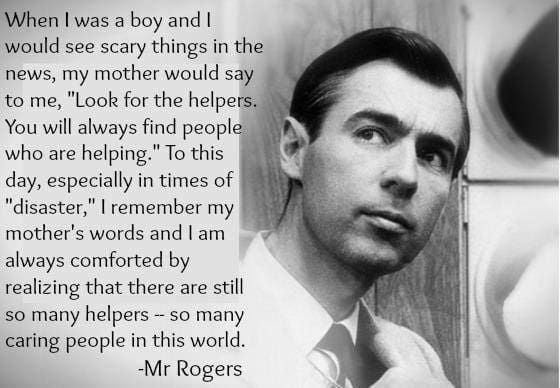
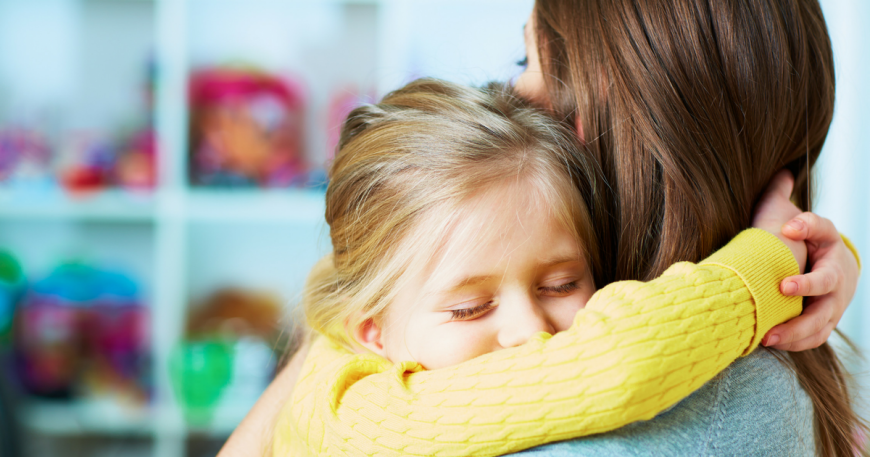
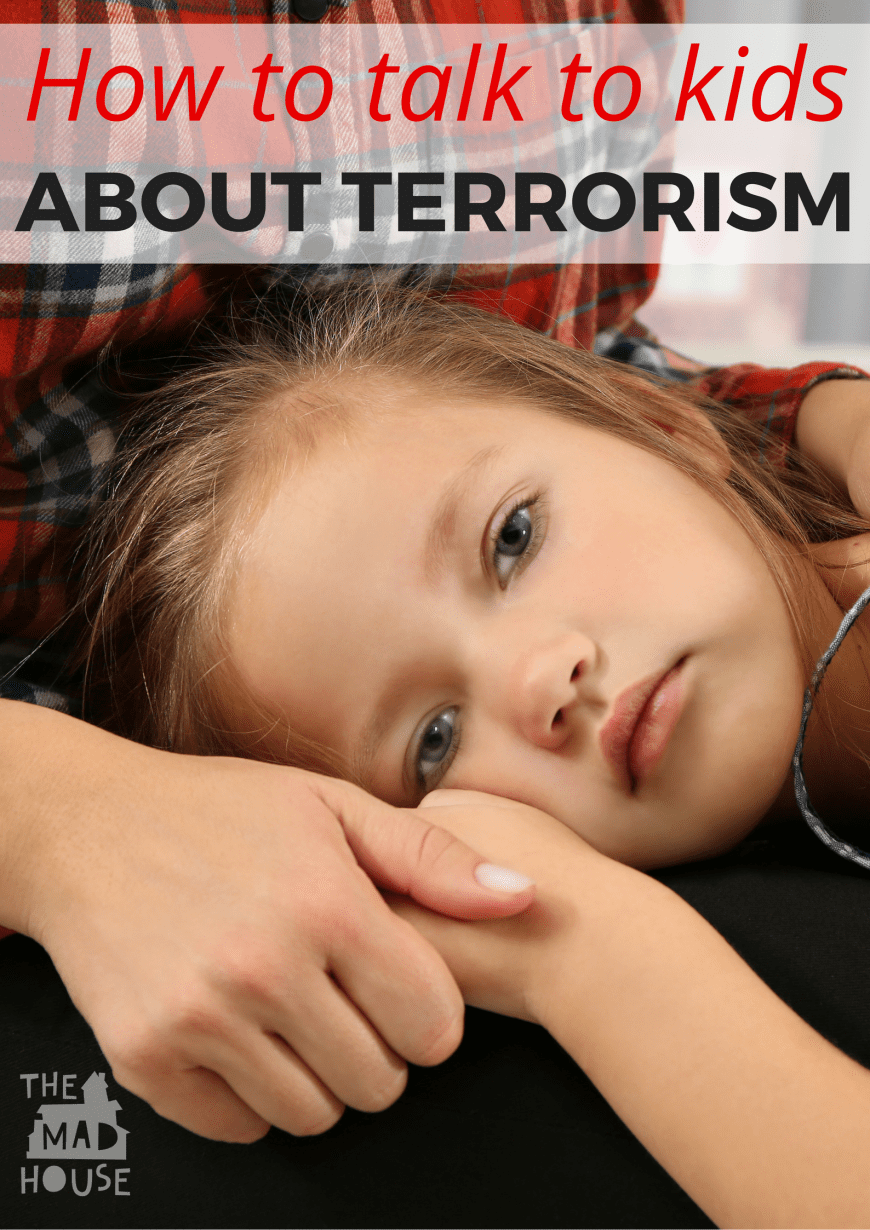
Comments are closed.